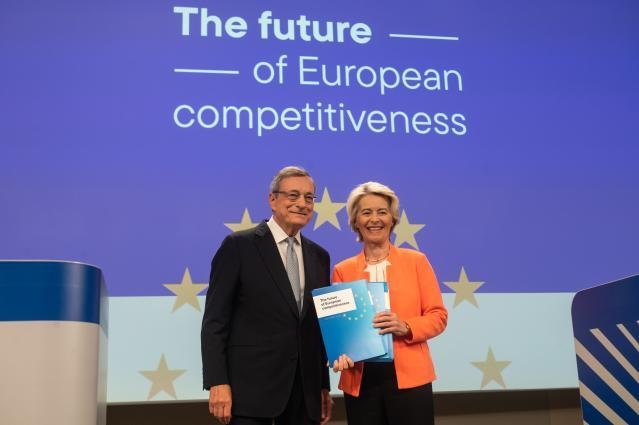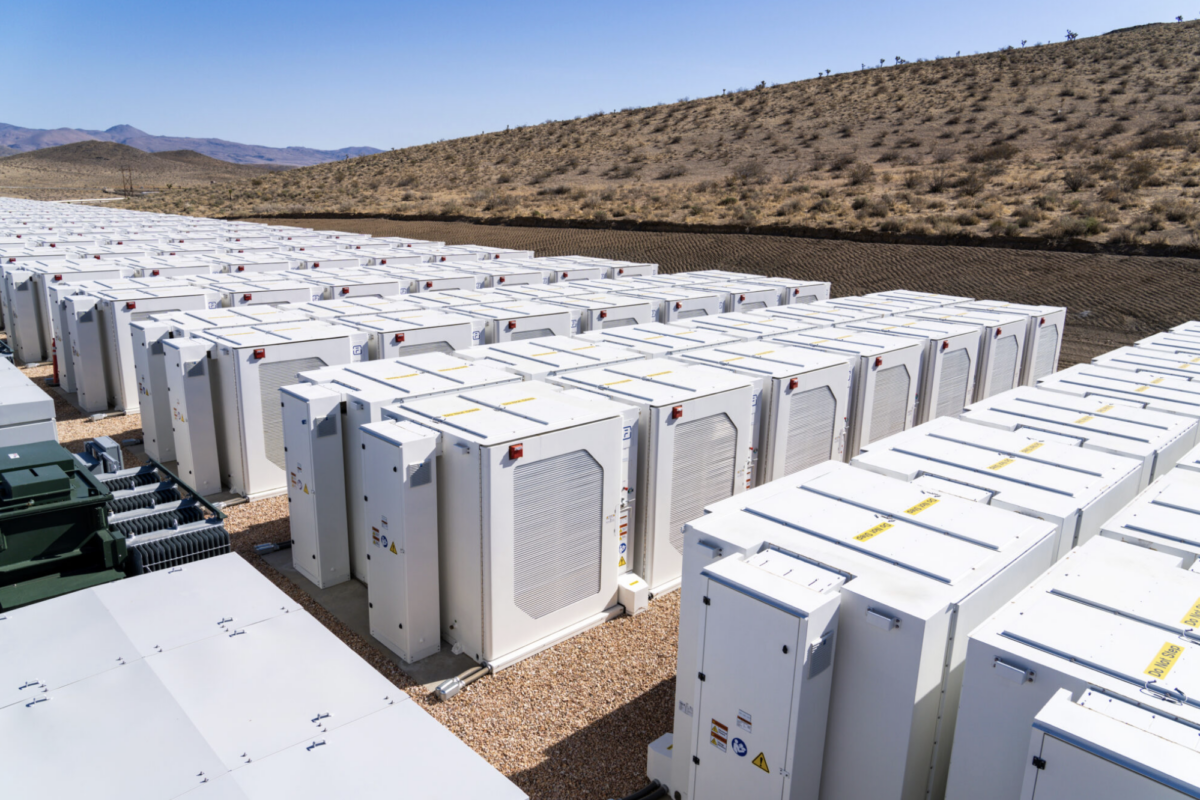Mario Draghi, the former president of the European Central Bank (ECB), has urged EU member states to support local manufacturing for Europe's energy transition in a new report published by the European Commission. He also warned against fully closing the European cleantech market to Chinese products and technologies.
Draghi said the solar manufacturing industry is unlikely to meet demand if Europe shuts out Chinese cells and panels. He warned that excluding Chinese products could hinder the industry's ability to scale up and meet Europe's clean energy goals.
“Significant overcapacity is expected: by 2030 at the latest, China’s annual manufacturing capacity for solar photovoltaic (PV) is expected to be double the level of global demand, and for battery cells it is expected to at least cover the level of global demand,” said the report. “The EU is already seeing a sharp deterioration in its trade balance with China, reflecting in particular imports of EVs, batteries and solar PV products. While rising bankruptcies in China suggest that the economy is entering a phase of industrial consolidation, overcapacities are likely to persist, especially given ongoing weaknesses in household consumption and high saving rates.”
The report said that countries such as India and the United States have raised trade barriers against Chinese cleantech products, likely redirecting Chinese overcapacity to the EU market. It warned that following the US approach of blocking Chinese technology could slow the energy transition and drive up costs for the EU economy.
However, the report also noted that a purely “laissez-faire” approach may not be ideal for supporting domestic supply chains in Europe. According to ECB simulations, if China subsidizes its electric-vehicle industry like it did with solar, European EV production could drop by 70%, and EU producers' global market share could fall by 30 percentage points.
Draghi said that European countries should adopt a mixed strategy, combining inward foreign direct investment (FDI) with trade measures to counter the cost advantage created by foreign subsidies, such as those provided by the Chinese government. He said that balancing these approaches will be key to maintaining competitiveness in the cleantech sector.
“Here the EU should aim to increase the long-term “bankability” of new investments in Europe, for instance by applying local-content requirements, and to ensure a minimum level of technological sovereignty,” the report said. “The latter can be achieved by requiring foreign companies that want to produce in Europe to enter into joint ventures with local companies.”
The report also urged the EU to create a “joint plan” that aligns all policies with the bloc's objectives. It noted the need for a coordinated approach to ensure consistency and effectiveness in achieving the European Union's goals.
This content is protected by copyright and may not be reused. If you want to cooperate with us and would like to reuse some of our content, please contact: editors@pv-magazine.com.




By submitting this form you agree to pv magazine using your data for the purposes of publishing your comment.
Your personal data will only be disclosed or otherwise transmitted to third parties for the purposes of spam filtering or if this is necessary for technical maintenance of the website. Any other transfer to third parties will not take place unless this is justified on the basis of applicable data protection regulations or if pv magazine is legally obliged to do so.
You may revoke this consent at any time with effect for the future, in which case your personal data will be deleted immediately. Otherwise, your data will be deleted if pv magazine has processed your request or the purpose of data storage is fulfilled.
Further information on data privacy can be found in our Data Protection Policy.